Shanghai Auto Show Rejects 'Toxic' Traffic Frenzy
![]() 04/23 2025
04/23 2025
![]() 415
415
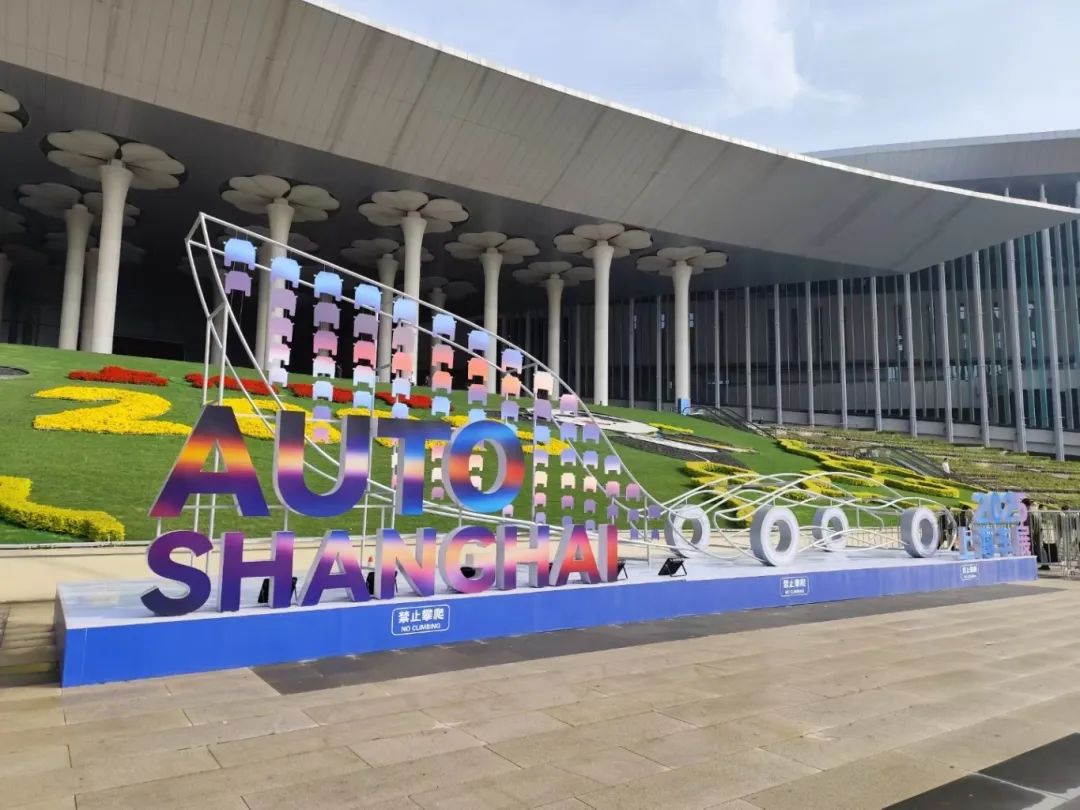
Introduction
An auto show should embody the very essence of automobiles.
Last year at this time, the hottest topic in China's auto market was undoubtedly the series of industry shocks triggered by smartphone manufacturers officially entering the auto industry.
Everyone was caught up in the smartphone manufacturing hype, either by bringing their celebrity-backed electric vehicles to the racetrack to create buzz or by focusing on the founders and business leaders, indulging in the frenzy of traffic explosion. Since then, the market has given their products absolute recognition, and the sales system has spiraled out of control.
Entering 2025, buoyed by this traffic momentum, successful companies confidently raised their annual sales targets. However, the peculiarity of China's auto market lies in the unpredictability of consumer sentiment. If auto companies want to achieve sales based solely on brand appeal, they may face tricky issues stemming from shifts in public opinion.
On the eve of the Shanghai Auto Show, compared to the market atmosphere of previous years, due to the impact of certain emergencies, auto companies finally witnessed the true face of high traffic backlash. When everyone follows the crowd, no company can escape consumers' scrutinizing eyes. Even a brand with a strong consumer base will face uncertainties in future development if there are discrepancies in public opinion trends.
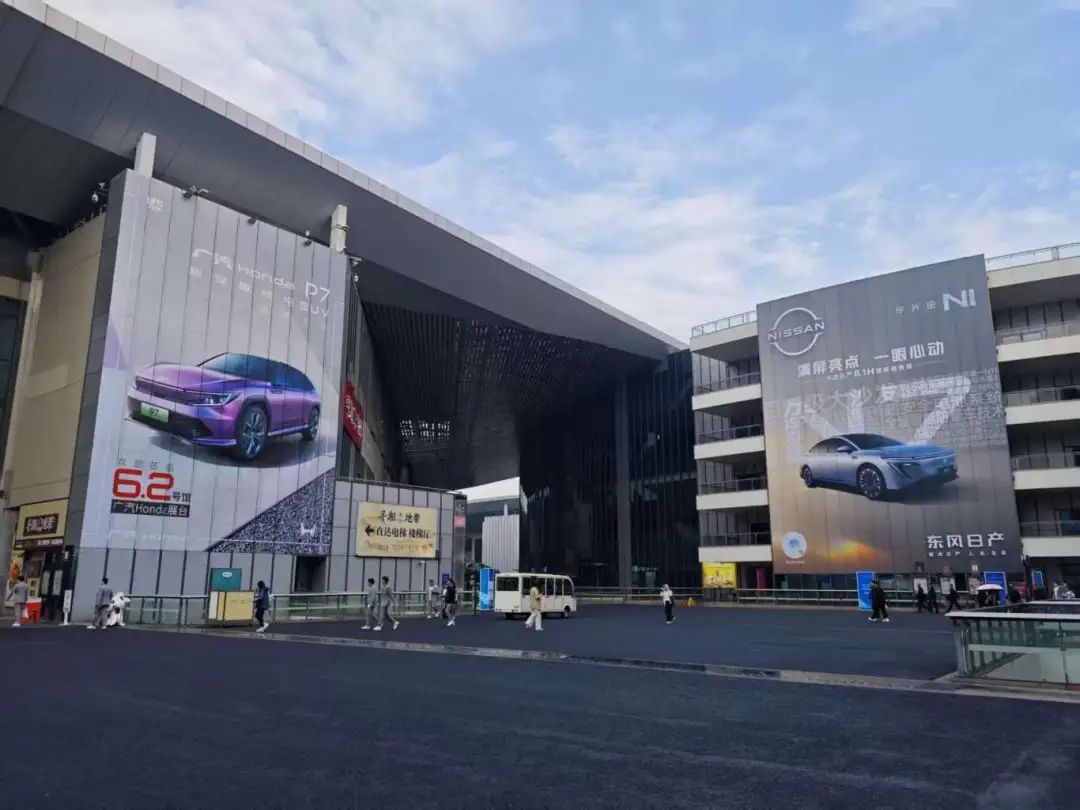
In other words, during this challenging period where competition is fierce, no one can afford any slight misstep in public opinion. After experiencing the power of traffic in driving sales, it should also be understood that to firmly stand at the center of China's auto market, it often still relies on sufficiently reliable products and brands that inspire deep-seated trust.
For many years, the term 'celebrity' has been exerting its dual influence in various fields. At the same time, it also to some extent shakes the development trajectory of the entire industry. In the automotive industry, when emergencies expose the toxicity of traffic, it is believed that the rationality related to industrial development will naturally return.
01 High Traffic, but Not at Any Cost
Throughout 2024, it's unclear what magic the market was under. Within the entire industry, almost everyone focused on generating traffic. With traffic comes a sense of existence; with traffic comes user identification with the brand; with traffic comes sales. It seemed that nothing was more important than this single objective.
The most exaggerated aspect was when many new force founders redefined the focus of the auto market, from last year's Beijing Auto Show to the Chengdu Auto Show, and then to the Guangzhou Auto Show at the end of the year. Both consumers and manufacturers were deeply ensnared in the pursuit of traffic. Building personal IPs for leaders or frequently interacting with netizens on social media suddenly became the key to corporate self-promotion.
Of course, in terms of results, the sales of celebrity-backed new cars, whether good or bad, are inevitably proportional to the traffic they generate. Whether it's a new force celebrity car or a new car from other Chinese brands, the primary reason for each model's popularity lies in garnering far more attention than peers and possessing a brand image with sufficient goodwill.
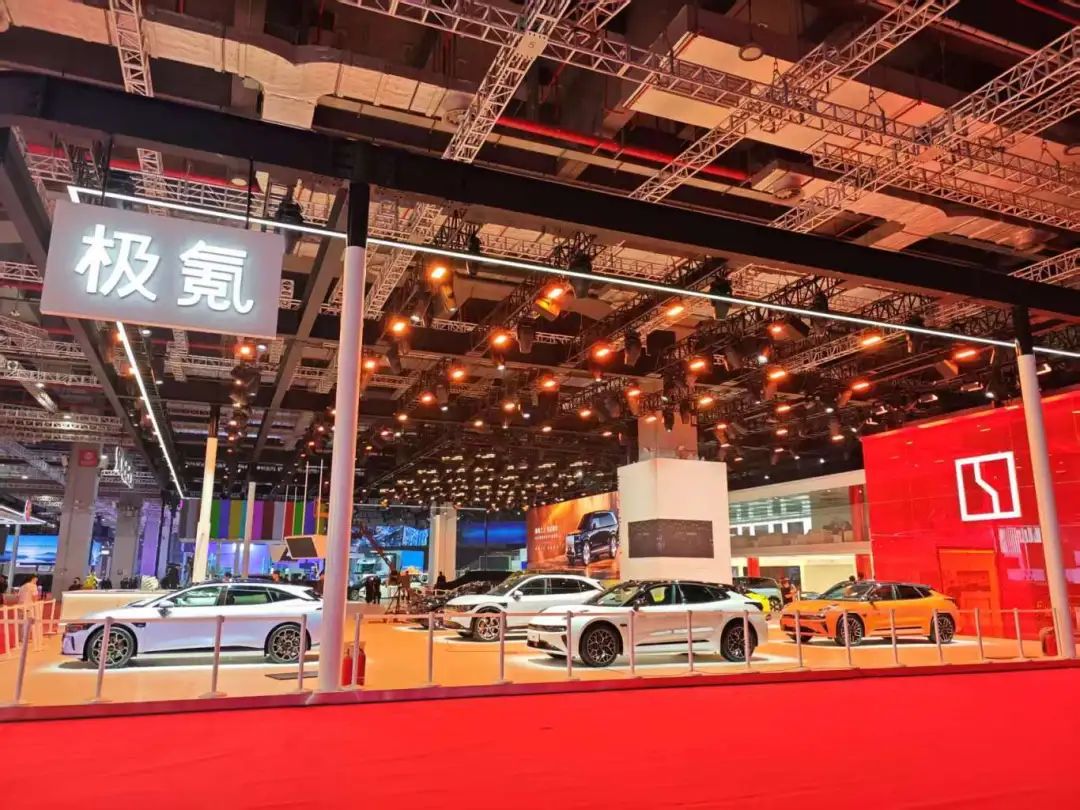
As a result, a strange atmosphere emerged from mid-last year, spanning from state-owned enterprises to various private auto companies. As long as the internal hierarchy was in place, they competed to open social media accounts, relying on internal brainstorming or capitalizing on hot topics to create a buzz. Everyone rushed to the forefront of corporate advertising and promotion.
I understand that such actions are not spontaneous but must be inseparable from the envy-inducing traffic brought by personalities. In this highly competitive environment, if there's a way to give one's products a release path, it's worth trying.
However, in this era where right and wrong disputes are unpredictable, is the competition for traffic really a good thing with only benefits and no drawbacks? The word 'celebrity' has been neutral since its inception, possessing a dual nature.
Don't overlook the saying 'Water can carry a boat, but it can also capsize it,' which has been around for thousands of years. Today, I still believe it to be the most accurate conclusion. Outside the auto industry, how many so-called celebrity personalities have collapsed? The story of one person's rise leading to the rise of the enterprise keeps repeating, which should serve as a warning and necessitate alternative plans for promoting one's products.
Indeed, Steve Jobs also said, 'The ultimate goal of marketing is to create a unique and irreplaceable value in the minds of customers.' But is this value truly limited to emotional value? Obviously not.
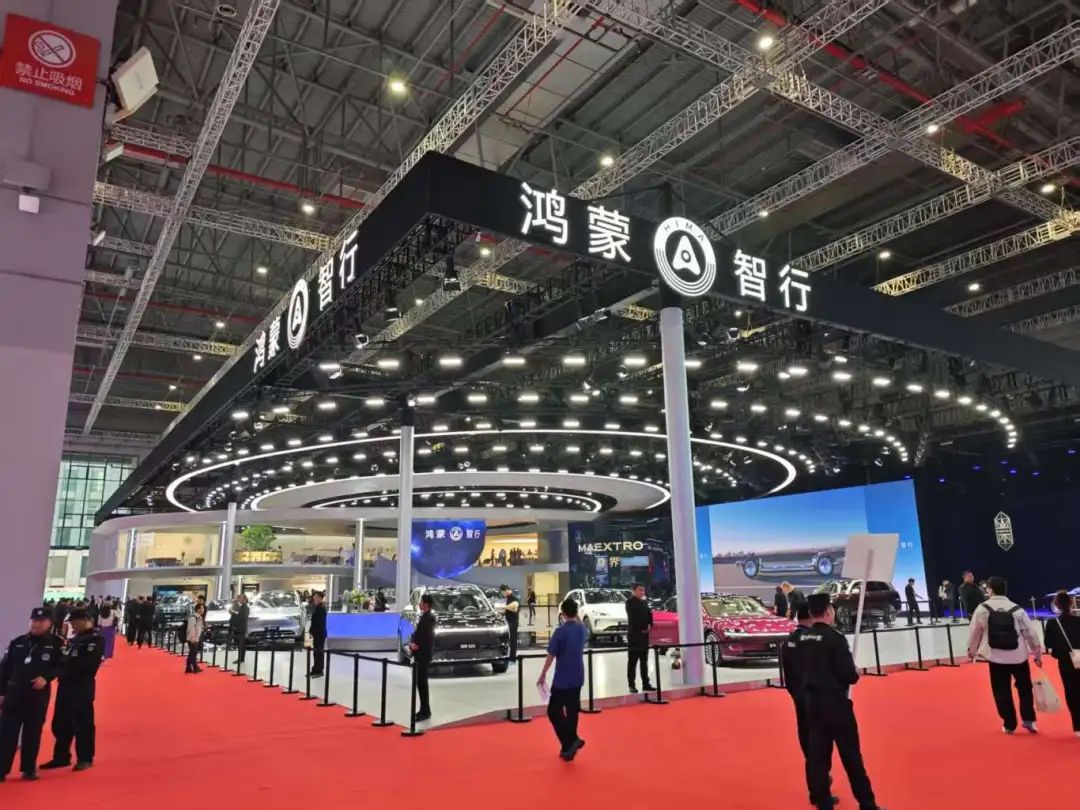
Moreover, after decades of development in the Chinese market, do you really think anyone possesses a perfect personality? Given the complexity of social composition, it's nearly impossible to achieve a definitive result by relying solely on this marketing approach.
On the eve of the Shanghai Auto Show, with the country clamping down on false propaganda related to intelligent driving, regardless of the traffic source, the entire consumer end seems to have immediately calmed down.
The previous momentum of chasing brands and celebrity models is gone forever. From corporate leaders to the entire enterprise, reorganizing thinking has become the top priority at this stage.
What is the core of winning user recognition? Regarding this question, every company participating in the Shanghai Auto Show should contemplate it carefully.
02 Returning to Rationality: Ultimately a Positive Development
In China's auto industry, the importance of the Shanghai Auto Show is self-evident. For everyone in the industrial chain, a trip to Shanghai is not merely about promoting one's products.
As observers, we have also put forth the viewpoint of 'Seeing Both Traffic and Quality at the Shanghai Auto Show,' which implies that unlike any large auto show last year, the Shanghai Auto Show is more akin to an arena rather than a grand stage for showbiz.
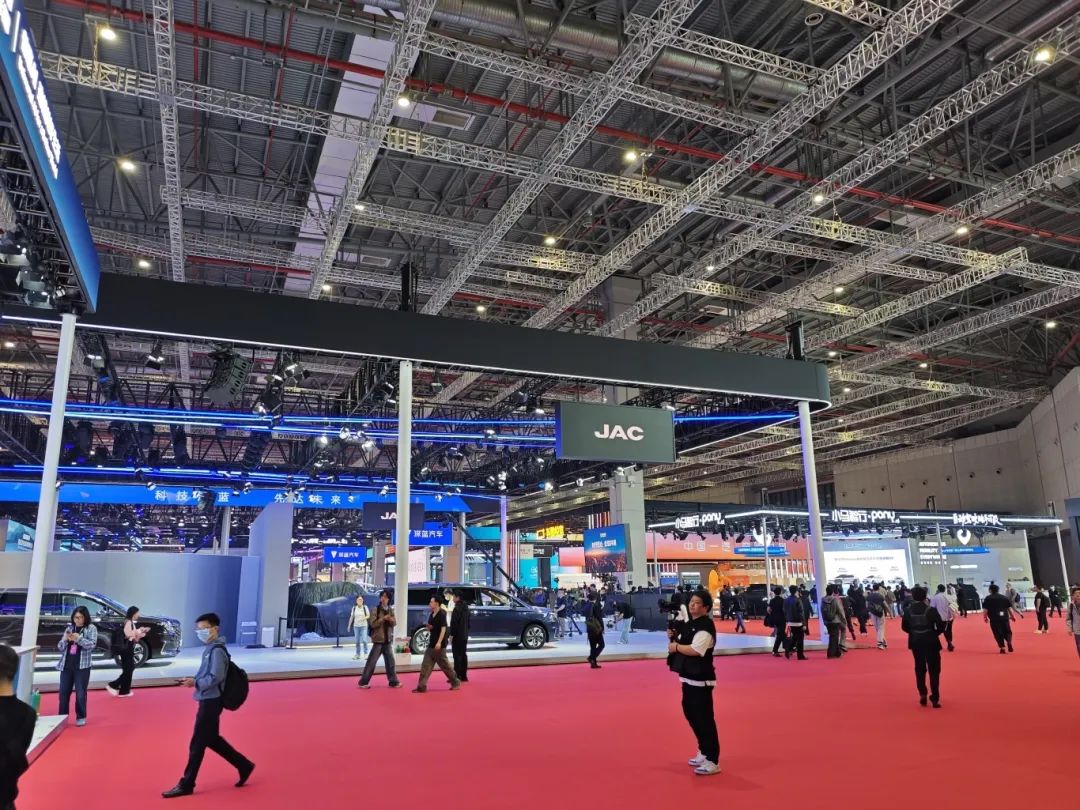
The ultimate goal for any brand here is to gain attention around its core products and innovative technologies. Therefore, after the 'toxic' traffic is diluted by the fierce wave of competition, regardless of how many eye-catching gimmicks are hidden under these nearly 200 press conferences, everyone's focus still returns to the product or technology itself.
To this day, I still believe that the deepest impression left by last year's Beijing Auto Show during the same period was 'chaotic and foul.' The mad rush of passersby chasing small celebrities, small celebrities chasing big celebrities, and big celebrities surrounding auto industry personalities has never been seen at any international auto show over the years.
At that time, if you asked anyone in a traditional auto company, most would be very surprised and suddenly feel that after many years in the industry, could an auto show be held like this?
Of course, by this auto show, the market had set the tone for the exhibition in advance. The price war never stops, and only better products can win people's hearts. Besides, nothing else works.
We admit that this year's auto market is still filled with tension. From the beginning of the year, not to mention the series of issues stemming from the price war, the market discourse power originally dominated by independent brands has loosened. The comprehensive counterattack of Toyota, Honda, Volkswagen, and Nissan not only exudes a strong sense of power but also truly brings consumers' attention back to the product itself.

In fact, this year's Shanghai Auto Show has significantly amplified this trend. Any new car appearing at the exhibition site no longer carries any celebrity traffic. To win users' approval here, it depends on how robust its product strength is.
On the eve of the auto show, a plethora of new cars have already been preheated for launch or unveiling, and the technology days of BMW and Mercedes-Benz also conveyed the fierce competitiveness of foreign brands.
At the auto show site, the Geely 9X, dubbed the 'Cullinan of Hangzhou Bay,' and the elongated Nio U8L jointly uphold the price ceiling of Chinese cars. Next door, Toyota Biz 7 and Mazda EZ-60 set aside the stubbornness of joint ventures in the most Chinese way. Compared to the past practice of following traffic, doesn't all this immediately restore the industry to normal development?
To be honest, as participants, we still feel that the Shanghai Auto Show retains the hustle and bustle that an auto show should have. However, when external impulsiveness is curbed and 'unrealistic' plans no longer appear on press conference PPTs, everything returns to normal. In this noisy era, it's a blessing for everyone.
Responsible Editor: Cao Jiadong | Editor: Wang Yue






